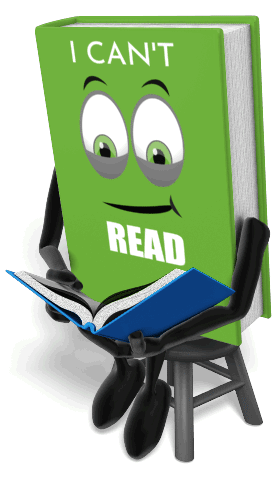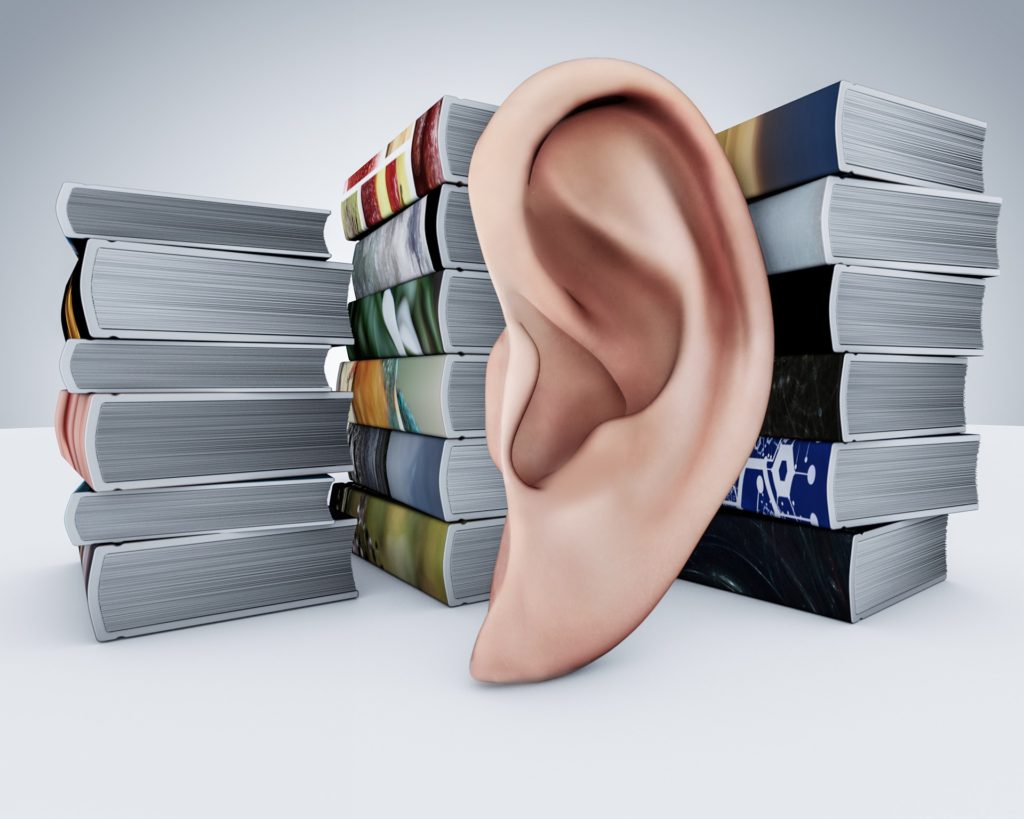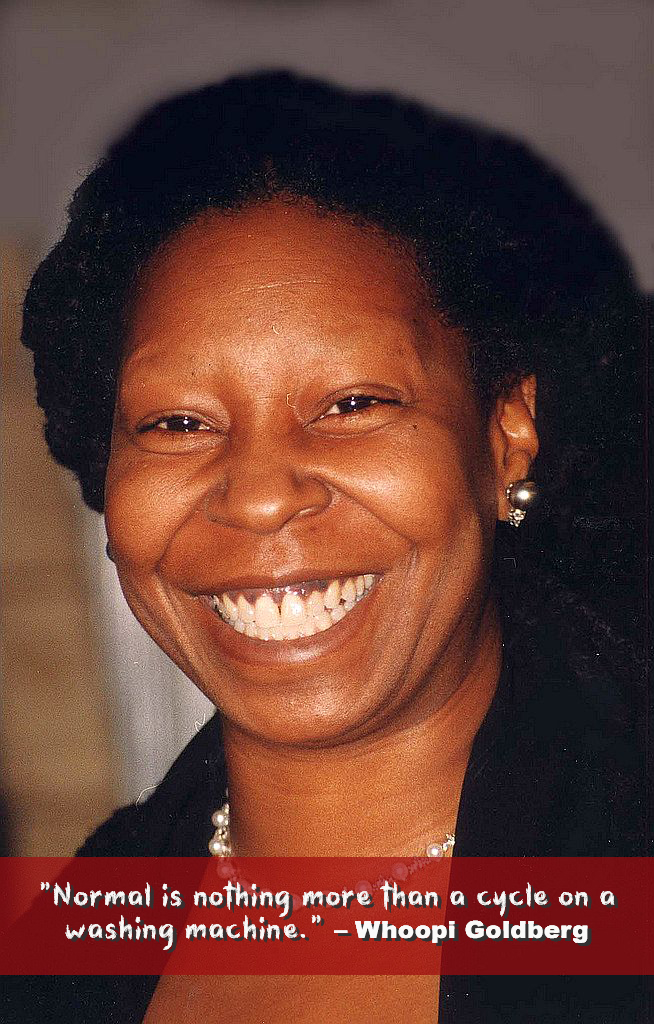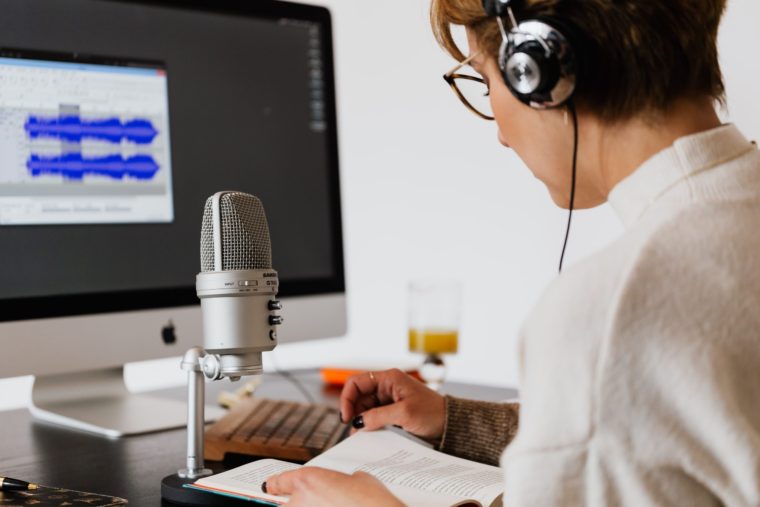The most common struggle dyslexics experience is an inability to read. They have extreme difficulty identifying letters, converting those letters into sounds and putting them together to make words.

During the times of the apprenticeship era, there was not the great need to read as there is today. People learned by observing and doing. Kinesthetic learning was the norm.
With the dawn of the industrial revolution, however, there arose the need to educate the masses to work in the resulting businesses.
The invention of the printing press merged perfectly with this need for mass education. This made it possible to put knowledge into a system that could be spread out on a national level. Hence, the proliferation of textbooks. Only then did those with dyslexic minds begin to have problems.

According to Dean Bragonier, founder and executive dyslexic of NoticeAbility, the dyslexic mind is able to “look at a situation, identify seemingly disparate pieces of information and blend those into a narrative or tapestry that makes sense” to them. Most people are unable to perceive the situation in the same way.
This ability translates into levels of exceptional success needed in some vocational paths, for example, entrepreneurship, engineering, architecture and the arts.
In spite of that, they are at a great disadvantage during their years in school.
There are three ways of accessing information: eye reading (print books), ear reading (recorded or audiobooks), and finger reading (braille). While information is commonly made available in braille for blind children, dyslexic children are mandated to eye read print books, and when they have trouble doing so, are labeled as lazy, stupid or unmotivated to learn.

Ear reading is not new. As early as 1931, the American Foundation for the Blind and the Library of Congress Book for the Blind Project established the Talking Book Program. Here is an abridged history of audiobooks:
1934: The first recordings are made for the Talking Book Program and include parts of The Bible, The Declaration of Independence, and Shakespeare’s plays.
1948: The Recording for the Blind program is founded (in 1995 renamed Recording for the Blind and Dyslexic, and in 2011 renamed Learning Ally).
1952: Caedmon Records is formed in New York and is a pioneer in the audiobook industry.
1955: Listening Library is founded and is the first to distribute audiobooks to libraries and schools.
1970s: Libraries start carrying audiobooks.
1985: Publishers Weekly identifies 21 audiobook publishers including Caedmon, Recorded Books, Books on Tape, Harper and Row, and Random House.
1980s: Bookstores start to display audiobooks on bookshelves instead of in separate displays.
1986: The Audio Publishers Association is created.
1997: Audible debuts the first digital audio player.
2011: Audiobook self-publishing becomes possible with the Audiobook Creation Exchange (ACX).
2012: Audiobook annual publication increases 125% from 7,200 to 16,309.
(Source: The Audio Publishers Association)
Dyslexic clinical psychologist, Dr Michael Ryan, gives some recommendations when using audiobooks:

- Use the listening application from the same company where you get your book. This makes downloading and organizing easier, and offers the listener the ability to increase the speed of listening.
- Whenever possible, listen to an audiobook while eye-reading a print book. This multisensory approach will help increase focusing on and understanding of the material. In addition, practice brings improvement – the more one eye-reads the better he becomes at doing it.
- Learn to speed-listen. Beginning at the normal speed, increase the speed of listening by 20% to 30% every few days. This can be done until the speed is too fast for you to understand. Research is showing that this increases content comprehension, reading speed and fluency.
With this longstanding history, I wonder why aren’t schools more accepting of ear reading as a method for testing the knowledge of those children who are dyslexic, and audiobooks for textbooks?
What has been your experience with audiobooks?
Have you used recorded textbooks for your children?









